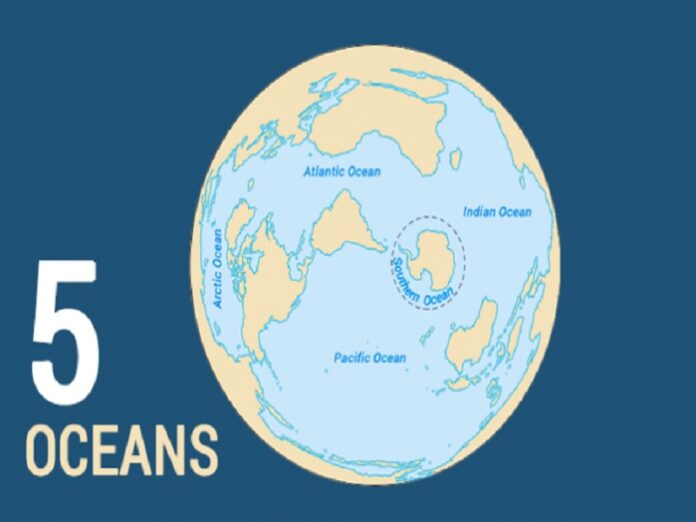Putin’s senior aide Nikolai Patrushev, who ran the FSB for nearly a decade (1999-2008) before chairing the Security Council for over 15 years till recently (2008-2024) and then becoming the Chairman of the Russian Naval Board until now, shared his country’s strategy for the World Ocean in a recent interview. He began with a brief historical review about how the West “rested on its laurels” after the USSR’s dissolution by taking for granted its supposedly eternal dominance of the seas from then on out.
All the while, China rapidly developed its commercial and naval fleets, with the first now being the world’s largest and the second “snapping at the heels of the Americans.” Trump’s Executive Order earlier this month on “Restoring America’s Maritime Dominance” is aimed at correcting this situation by more robustly competing with China in the World Ocean. Patrushev doesn’t believe that this represents a threat to Russia’s interests since his country began modernizing its navy before the Ukrainian Conflict.
The same can’t be said for the Collective West with regard to the Brits and the Europeans, who he warned have plans for blockading Russia, but he didn’t say whether they’d actually attempt it. Nevertheless, Patrushev expressed supreme confidence that the Russian Navy would still successfully ensure the safety of Russian shipping even if that happened, thus downplaying this threat. He then elaborated on how Russia has already modernized its navy and shared some insight into its future plans.
According to him, Russia won’t get dragged into a so-called “naval arms race” as China and the US compete with one another in the World Ocean, but he acknowledged that “there are quite a few problems in the area of civil maritime activities, and they will have to be solved for many years to come.” This has to do with shipbuilding and repair, both of which were largely outsourced during the 1990s, but “today Russia is working on creating a sovereign and import-independent shipbuilding industry.”
In pursuit of this goal, “we are now preparing a truly historic decision to establish the Academician A. N. Krylov National Research Center for Shipbuilding”. This “will ensure the integration of research, design, technological and personnel potential in a single research structure, and will also increase the coordination and efficiency of scientific research management in the field of shipbuilding and civil shipbuilding.” It’ll take time to reap the results, but it’s a long-overdue step in the right direction.
Rounding out his interview, Patrushev reminded his interlocutor about how Russia’s “unique icebreaker fleet” ensures freedom of navigation for commercial vessels along the Northern Sea Route that lies within their country’s legal jurisdiction, thus enabling it to cooperate with others there. He’s optimistic that Russia and the US can jointly partner in the Arctic for the benefit of their respective peoples, the global economy, and world peace and ended with some examples of their historic naval cooperation.
Reflecting on the insight that he shared, the takeaway is that Russia is still one of the world’s top naval powers, which allows it to ensure its national security interests, its future economic ones, and confidently partner with other countries like Trump’s America. These points are important since they powerfully counteract the Mainstream Media’s sensational claim over the past three years that Russia’s naval setbacks in the Black Sea supposedly made it an irrelevant player in the World Ocean.
